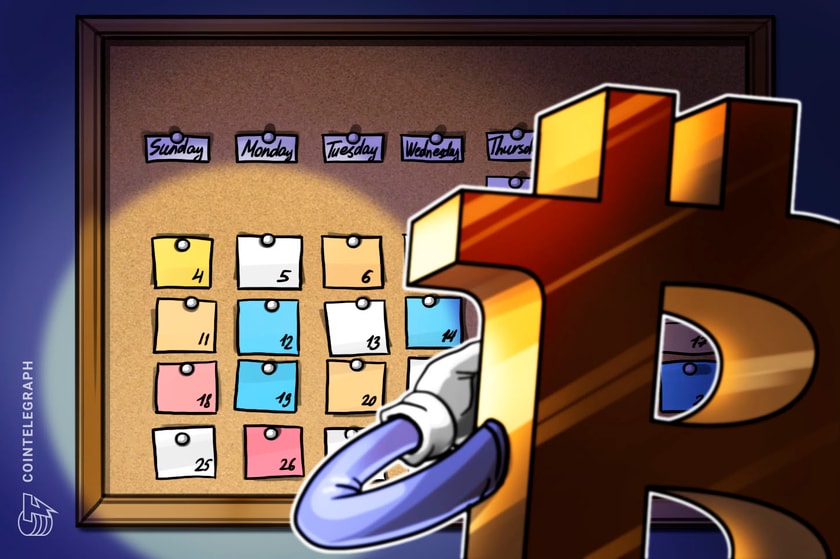The first spot Bitcoin exchange-traded fund (ETF) application, filed in July 2013, was denied in both 2017 and 2018. A decade has passed since that initial application, and the Securities and Exchange Commission has rejected more than a dozen additional applications and repeatedly punted the date for deciding on others.
The ETF saga’s latest iteration saw Bitcoin (BTC) jump more than 6% as industry advocates celebrated a court ruling that affirmed what we already knew — that the SEC’s rejection of Grayscale’s ETF application was “arbitrary and capricious.” This was, of course, followed by the SEC delaying its decision on all seven pending Bitcoin ETFs, and a subsequent price drop.
Now we wait as the SEC deliberates on its next move and Grayscale pleads for approval.
To a degree, the case for a Bitcoin ETF makes sense in the spirit of adoption. The $7 trillion ETF industry is ripe with investors still on the crypto sidelines, awaiting a product that would grant them Bitcoin exposure without having to buy BTC directly and set up a wallet. Plus, as a community that’s fought long and hard to have digital assets taken seriously, the crypto world is inclined to welcome the validation that a United States spot ETF would signal.
Related: Bitcoin ETFs: Even worse for crypto than central exchanges
But crypto, Bitcoin especially, is predicated on the need for an alternative financial system — one that enables the financial sovereignty, transparency and consensus that traditional finance (TradFi) so glaringly lacks. The crypto industry’s eagerness for an SEC ETF approval feels like a step backward, akin to American revolutionaries begging Parliament to intermediate colonial tax collection after rejecting its imperial rule.
Mainstream adoption is a ubiquitous goal among crypto champions, and an SEC sign-off on a BTC vehicle that resonates with TradFi is ostensibly a fast track to it. But fighting for approval from an opaque centralized agency for an intermediated investment product belies our industry’s purpose. And frankly, it’s unnecessary.
The irony of cautious investors waiting to buy Bitcoin ETF shares rather than taking the safer route of buying BTC directly is palpable. ETFs bear many layers of counterparty risk, including the sponsor, custodian and other partners. We saw how catastrophic this type of risk can be in crypto during the latest contagion, when customers lost more than $10 billion within months because they trusted third parties….
Click Here to Read the Full Original Article at Cointelegraph.com News…
